A team led by Flinders University (Australia) has successfully developed a process to recover gold from complex sources such as computer circuit boards, old electronic devices, ore concentrates and mixed metal waste. Instead of using toxic cyanide or mercury, the new method uses trichloroisocyanuric acid (TCCA) – a common chemical used to treat swimming pool water – combined with a special sulfur-rich polymer to selectively absorb gold.
The extraction process takes place in mild saline conditions, does not produce toxic gases and the polymer can be reused many times. Thanks to this, this method is not only safe for humans and the environment but also has a significantly lower cost than current techniques.
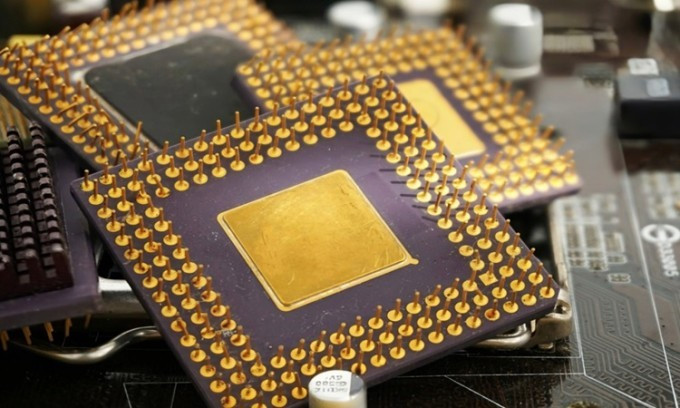
Notably, the new technique has been tested on CPU and RAM components made from real e-waste. The team is now working with partners in the US and Peru to expand the technology to artisanal gold mining, where mercury pollution is a serious problem, especially in small-scale mines in Asia and Latin America.
As global e-waste continues to grow rapidly, clean recycling solutions like the above are expected to create positive changes. The Global E-waste Monitor 2024 report published by the United Nations said that in 2022 alone, the world generated more than 62 million tons of e-waste. This number could reach 82 million tons by 2030 if there are no effective measures to handle it. Only less than 25% of that is properly recycled.
In Asia alone, where nearly half of the world’s e-waste is generated, most recycling processes still rely on informal systems, with many health risks and environmental pollution. Vietnam is no exception. In areas such as Nhat Tao market (HCMC) or craft villages in Bac Ninh and Thai Nguyen, e-waste collection, dismantling and recycling take place every day but lack protective equipment and safe processing technology.
According to experts, transferring safe gold extraction technology like the above method will help Vietnam improve its recycling capacity, both minimizing pollution risks and creating additional economic value from precious materials in used electronic devices.
Gold is not only valuable but also an indispensable material in the electronics, medical, aviation and energy industries. Due to its excellent conductivity and resistance to oxidation, gold is often used as contacts, wires and solders in phones, computers, medical equipment, etc. However, the recycling rate of gold from old equipment is still very low, while the demand is increasing.
In addition to gold, many rare earth elements and other valuable metals such as silver, palladium, copper, etc. are also gradually depleted. Applying new technology to effectively recover these materials not only helps protect the environment but also reduces dependence on raw resource exploitation.
Experts say that if supported and widely deployed, the new gold extraction method could become a turning point in the global electronics recycling industry, while contributing to promoting the circular economy - one of the strategic priorities of many countries, including Vietnam.
Source: https://khoahocdoisong.vn/mo-vang-trong-rac-dien-tu-post1551502.html






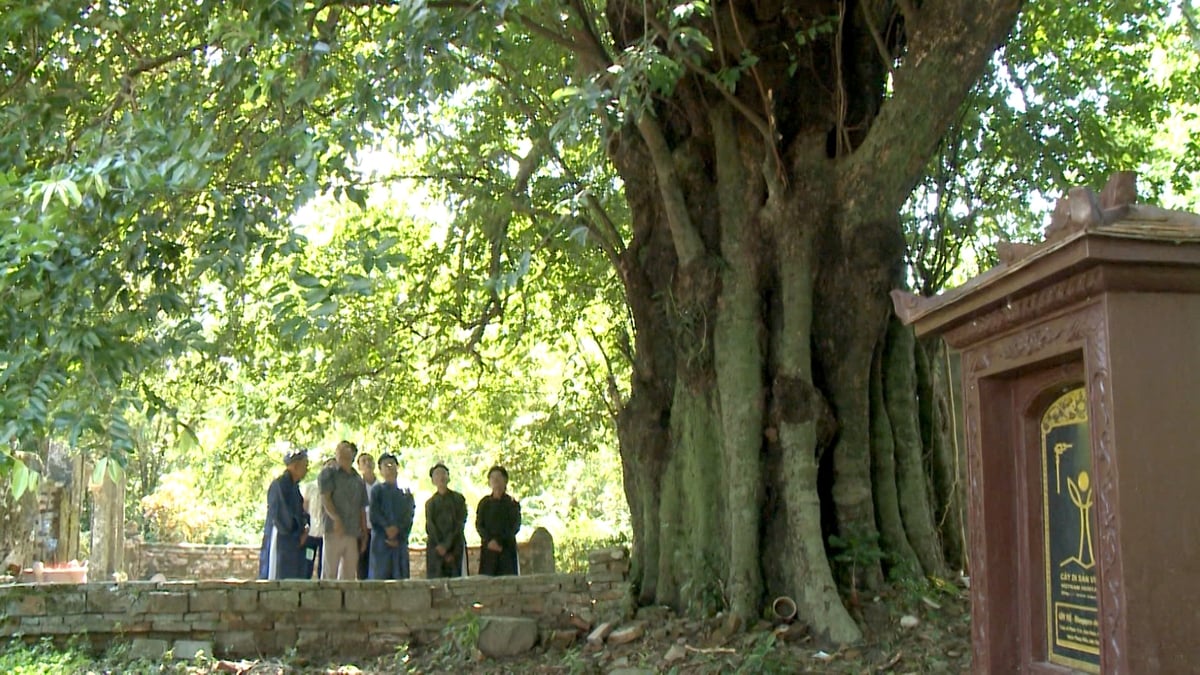



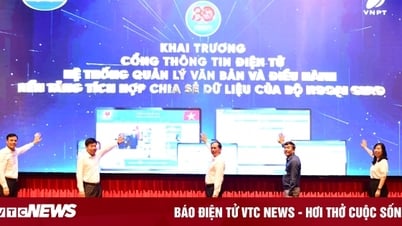



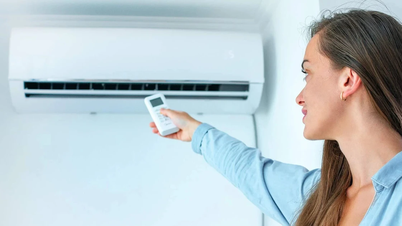









![[INFOGRAPHIC] Portrait of Thailand's interim Prime Minister Phumtham Wechayachai](https://vphoto.vietnam.vn/thumb/402x226/vietnam/resource/IMAGE/2025/7/4/db1c22cf51f2471f84ba17f72664e224)








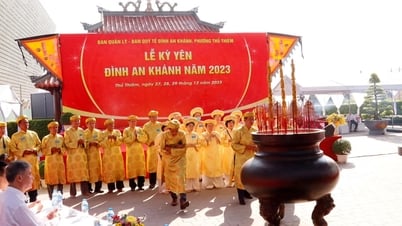

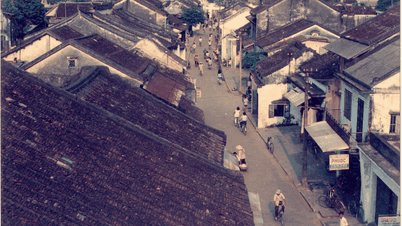




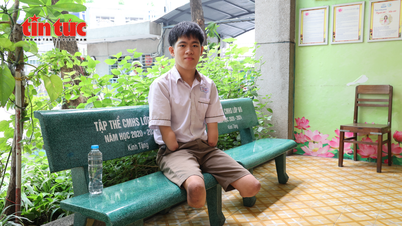







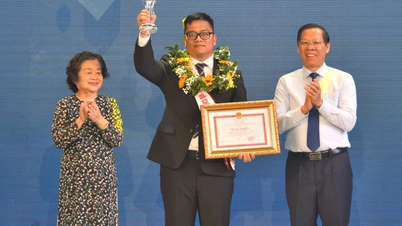






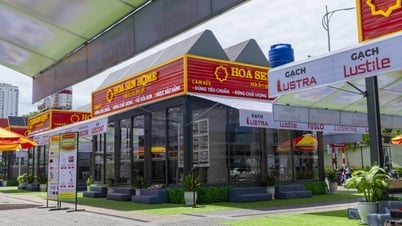





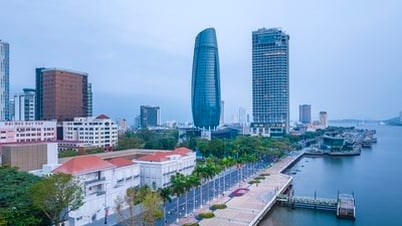



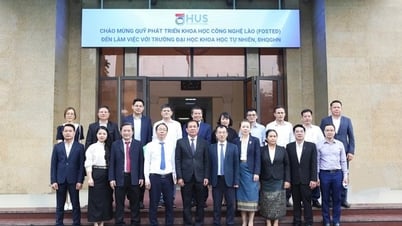

















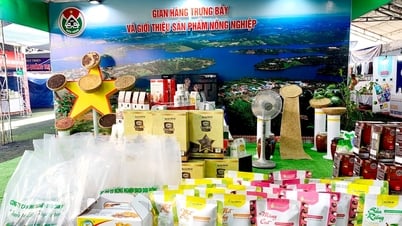


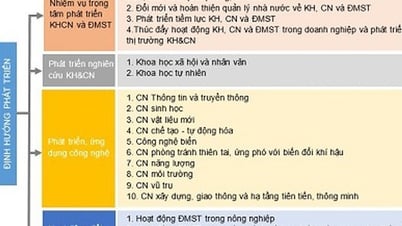
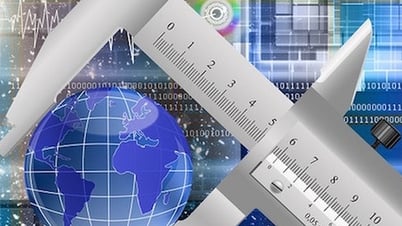
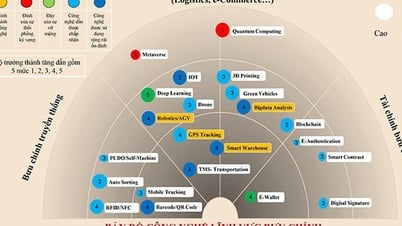
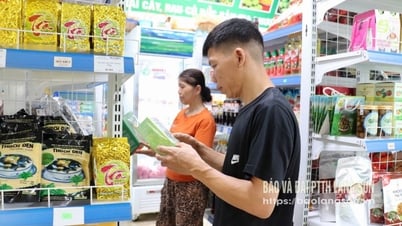






Comment (0)